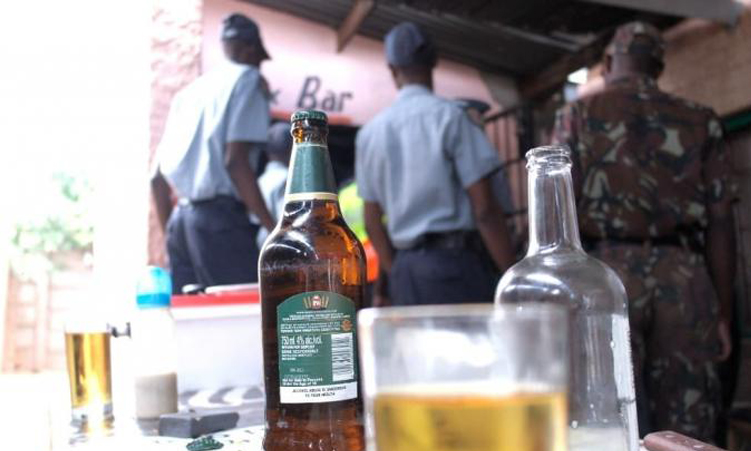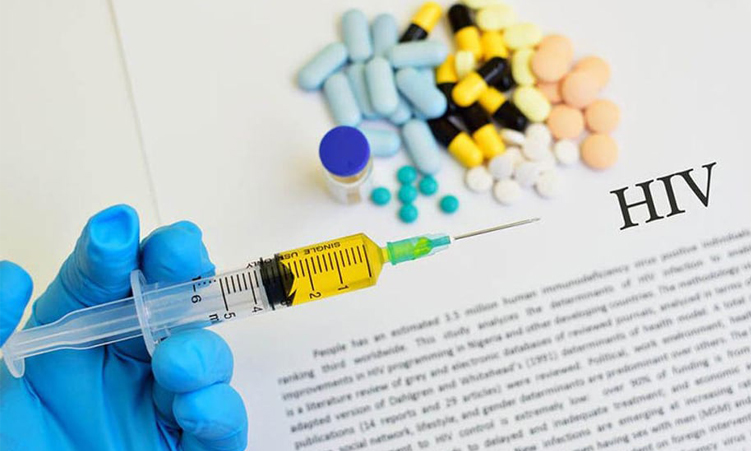ABIDJAN – While banana growers in Latin America celebrate Sunday’s global trade deal to cut European Union import tariffs, African farmers fear it could put them out of business.
Ivory Coast, as well being the world’s number one cocoa producer, also is one of the biggest African banana growers, with an industry that supports thousands of jobs and produces 280 000 tonnes of the fruit every year. Of that, 230 000 tonnes are sold to Europe, according to industry figures, and farmers fear they will be squeezed out of the market by their transatlantic rivals as a result of the deal cut at World Trade Organisation (WTO) talks.”As a producer, I am very worried.I represent producers, and we are worried because it is the end,” said Mathias Aka N’Goan, president of the banana and pineapple exporters organisation.”Others will take over the market so the selling price of bananas will no longer be enough to make it worthwhile to produce in Ivory Coast,” he said, estimating that 300 000 people in the West African nation depend on the banana industry for their livelihoods.The EU and Latin American exporters agreed to cut the EU’s import duty to 114 euros ($179) a tonne by 2016 after an initial cut to 148 euros in 2009 from 176 euros now.As a consequence, cheaper bananas from African, Caribbean and Pacific (ACP) countries’ competitive Latin American rivals could devastate ACP banana output, some countries warn.Their bananas face no EU import duty under the bloc’s preferential trade deals with former colonies.Bananas have been the root of a long-running dispute between the EU and Latin America, but former European colonies in the (ACP) countries still need to be brought on board before the row can be defused completely.Cameroon’s trade minister Luc Magloire Atangana Mbarga said African banana growers wanted cash to compensate for export revenues lost to Latin American competitors and a two- or three-year grace period before EU tariffs are lowered.At ground level, news of the WTO deal was greeted with dismay.”We heard that the Europeans will no longer accept our bananas there, and we are scared we will lose our jobs,” said Malamine Sylla, production manager of a 70-hectare plantation to the west of Ivorian capital Abidjan.The consequences of an unsustainable banana sector would be felt outside African economies, another farmer warned.”If taxes come down, as the WTO wants, the number of out-of-work farmers will increase,” said Emile Nanga, a spokesman for small planters and an independent farmer himself.”Don’t be surprised if the number of illegal immigrants trying to get into Europe rises soon,” he said.Other farmers are already looking away from Europe.Richard Mathys is an independent planter who employs around 1 000 people on his 70 hectares.He is trying to sell into nearby countries Benin, Burkina-Faso, Mali, Niger and Senegal, but feels handicapped by the difficulties involved in cross-border commerce in Africa.”We have to sell our fruit, but business in the region is not always easy,” he said.Nampa-ReutersOf that, 230 000 tonnes are sold to Europe, according to industry figures, and farmers fear they will be squeezed out of the market by their transatlantic rivals as a result of the deal cut at World Trade Organisation (WTO) talks.”As a producer, I am very worried.I represent producers, and we are worried because it is the end,” said Mathias Aka N’Goan, president of the banana and pineapple exporters organisation.”Others will take over the market so the selling price of bananas will no longer be enough to make it worthwhile to produce in Ivory Coast,” he said, estimating that 300 000 people in the West African nation depend on the banana industry for their livelihoods.The EU and Latin American exporters agreed to cut the EU’s import duty to 114 euros ($179) a tonne by 2016 after an initial cut to 148 euros in 2009 from 176 euros now.As a consequence, cheaper bananas from African, Caribbean and Pacific (ACP) countries’ competitive Latin American rivals could devastate ACP banana output, some countries warn.Their bananas face no EU import duty under the bloc’s preferential trade deals with former colonies.Bananas have been the root of a long-running dispute between the EU and Latin America, but former European colonies in the (ACP) countries still need to be brought on board before the row can be defused completely.Cameroon’s trade minister Luc Magloire Atangana Mbarga said African banana growers wanted cash to compensate for export revenues lost to Latin American competitors and a two- or three-year grace period before EU tariffs are lowered.At ground level, news of the WTO deal was greeted with dismay.”We heard that the Europeans will no longer accept our bananas there, and we are scared we will lose our jobs,” said Malamine Sylla, production manager of a 70-hectare plantation to the west of Ivorian capital Abidjan.The consequences of an unsustainable banana sector would be felt outside African economies, another farmer warned.”If taxes come down, as the WTO wants, the number of out-of-work farmers will increase,” said Emile Nanga, a spokesman for small planters and an independent farmer himself.”Don’t be surprised if the number of illegal immigrants trying to get into Europe rises soon,” he said.Other farmers are already looking away from Europe.Richard Mathys is an independent planter who employs around 1 000 people on his 70 hectares.He is trying to sell into nearby countries Benin, Burkina-Faso, Mali, Niger and Senegal, but feels handicapped by the difficulties involved in cross-border commerce in Africa.”We have to sell our fruit, but business in the region is not always easy,” he said.Nampa-Reuters
Stay informed with The Namibian – your source for credible journalism. Get in-depth reporting and opinions for
only N$85 a month. Invest in journalism, invest in democracy –
Subscribe Now!






